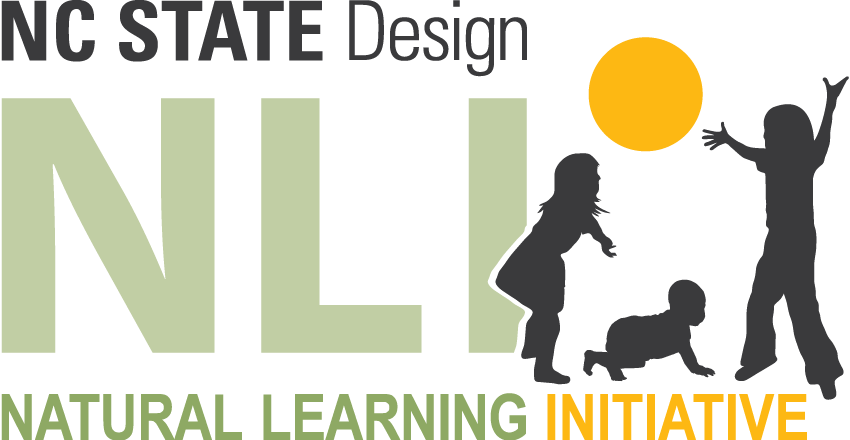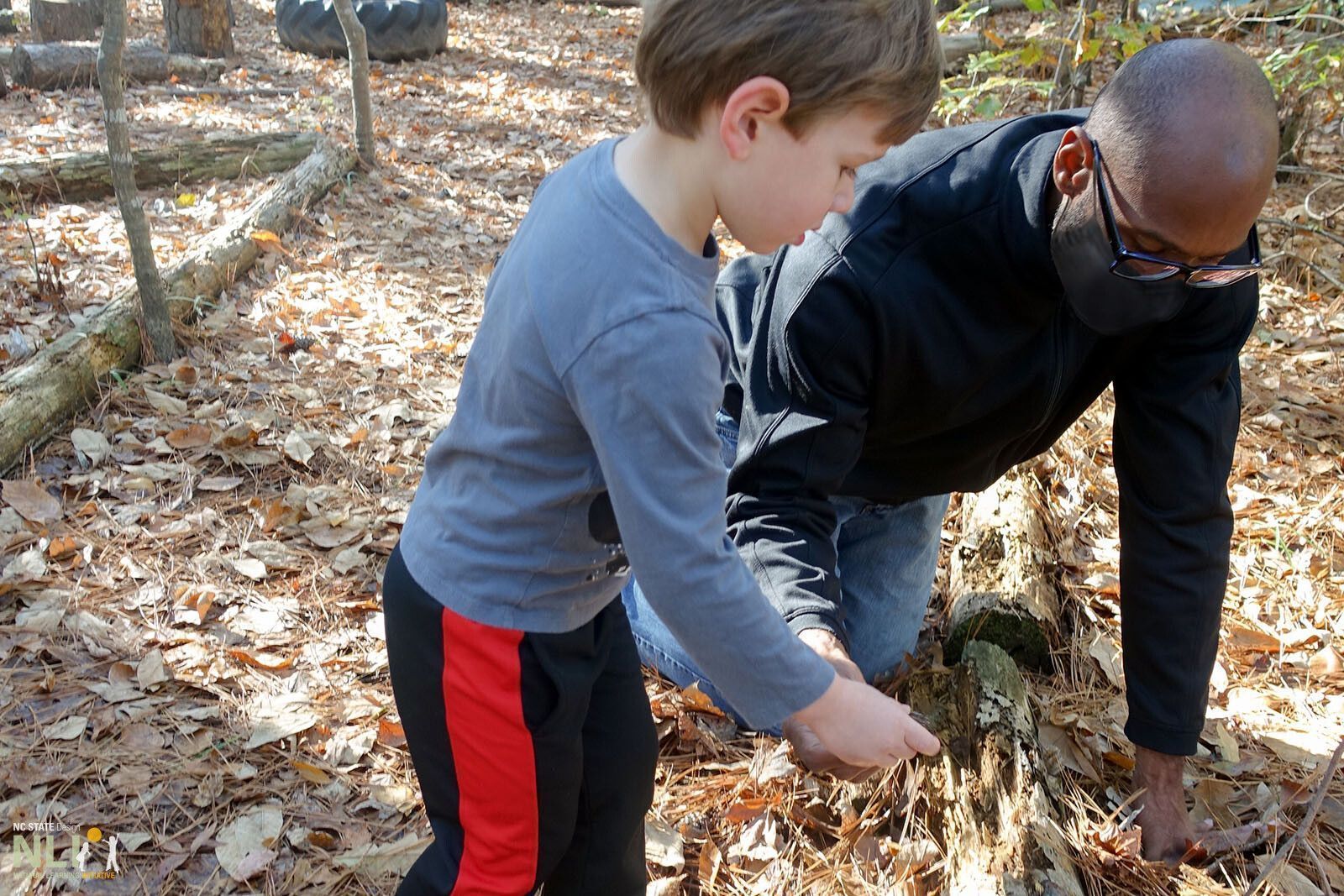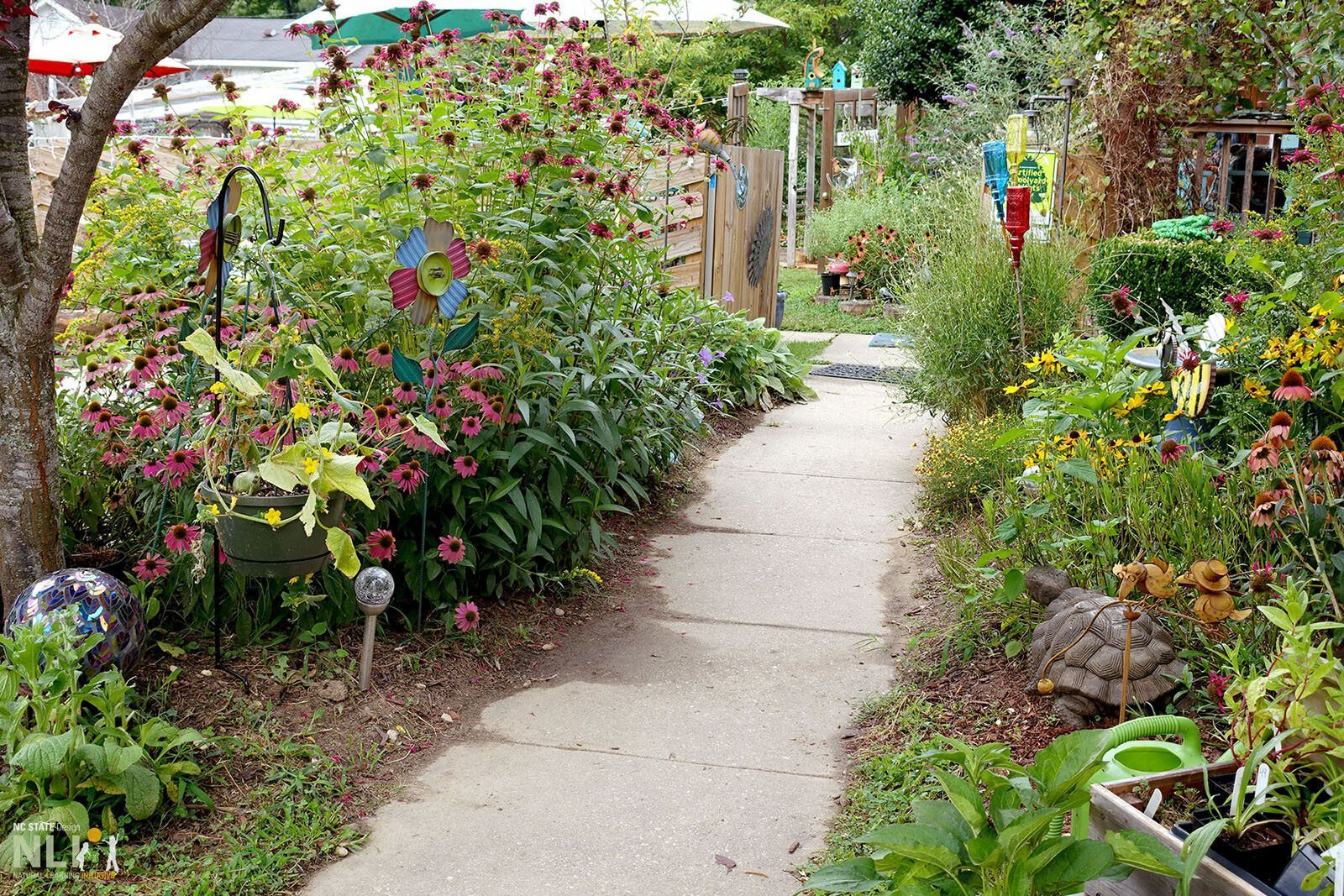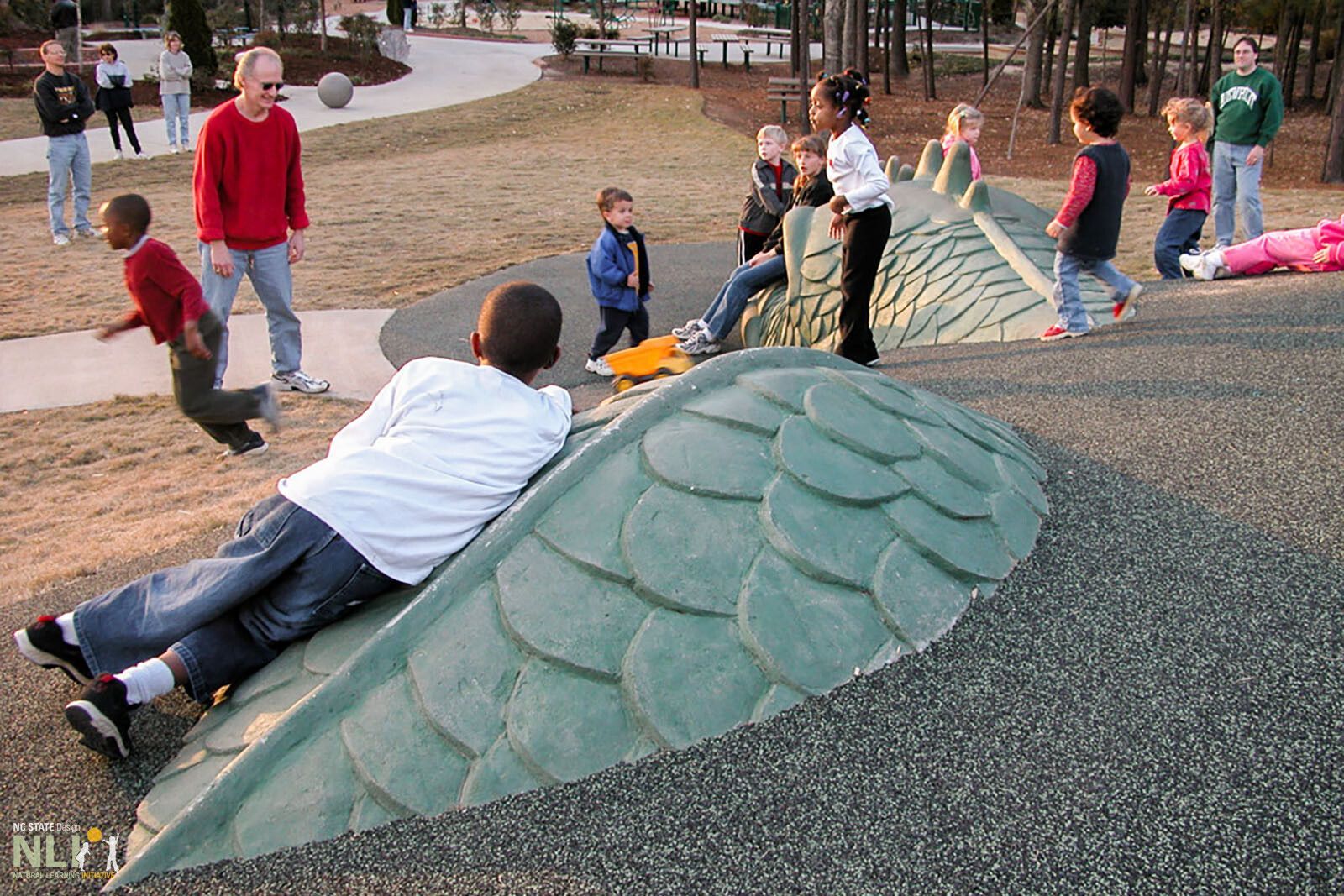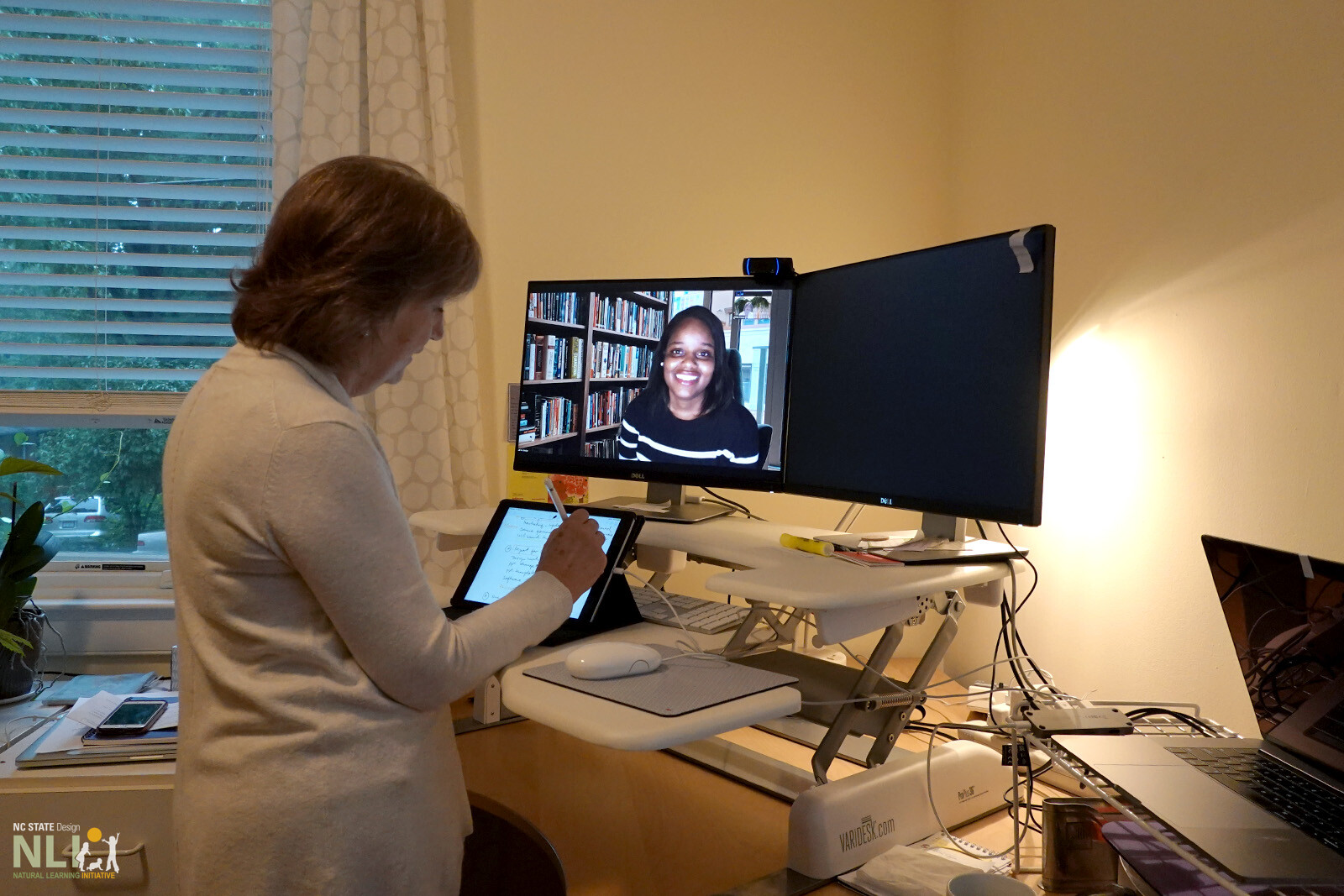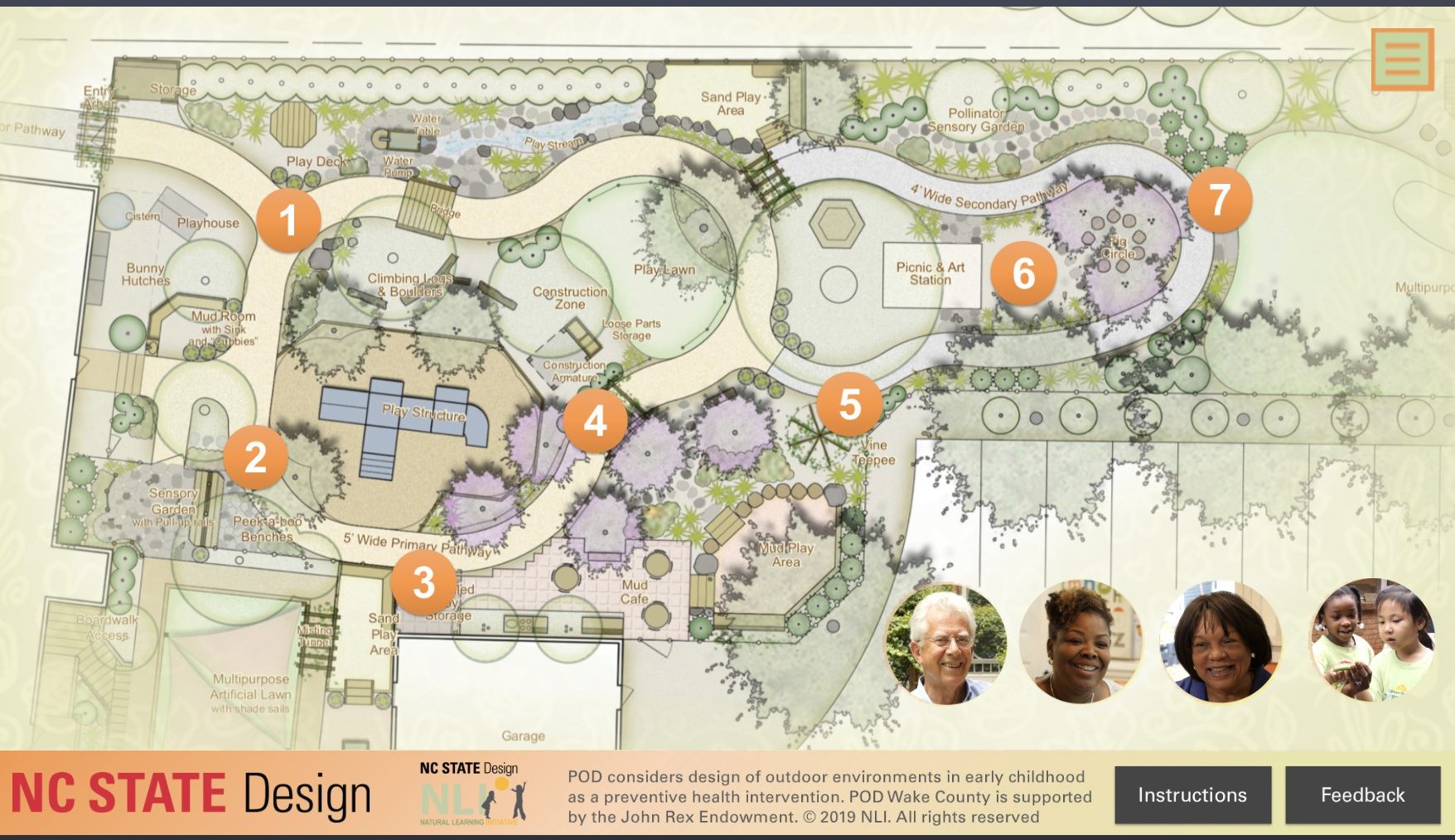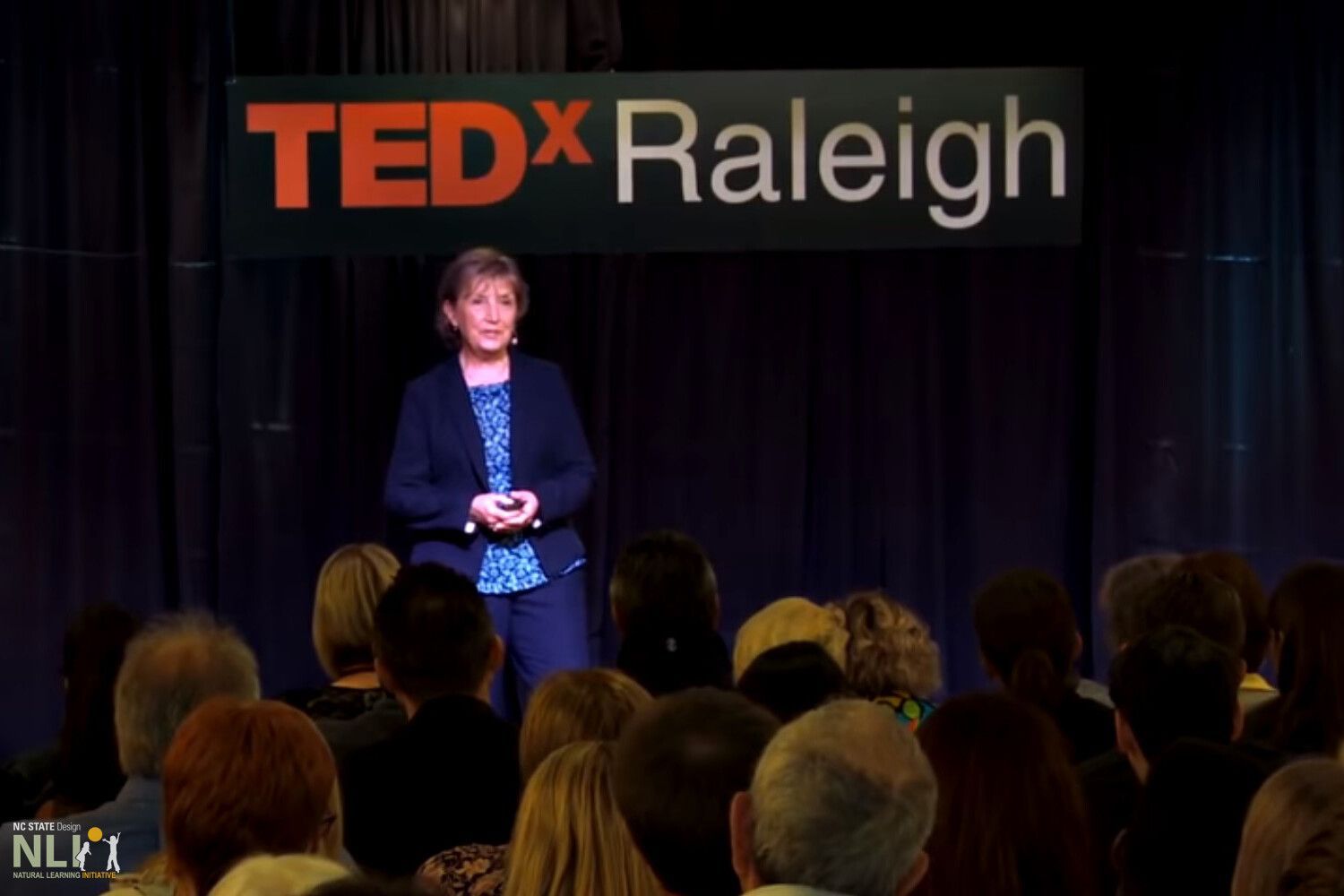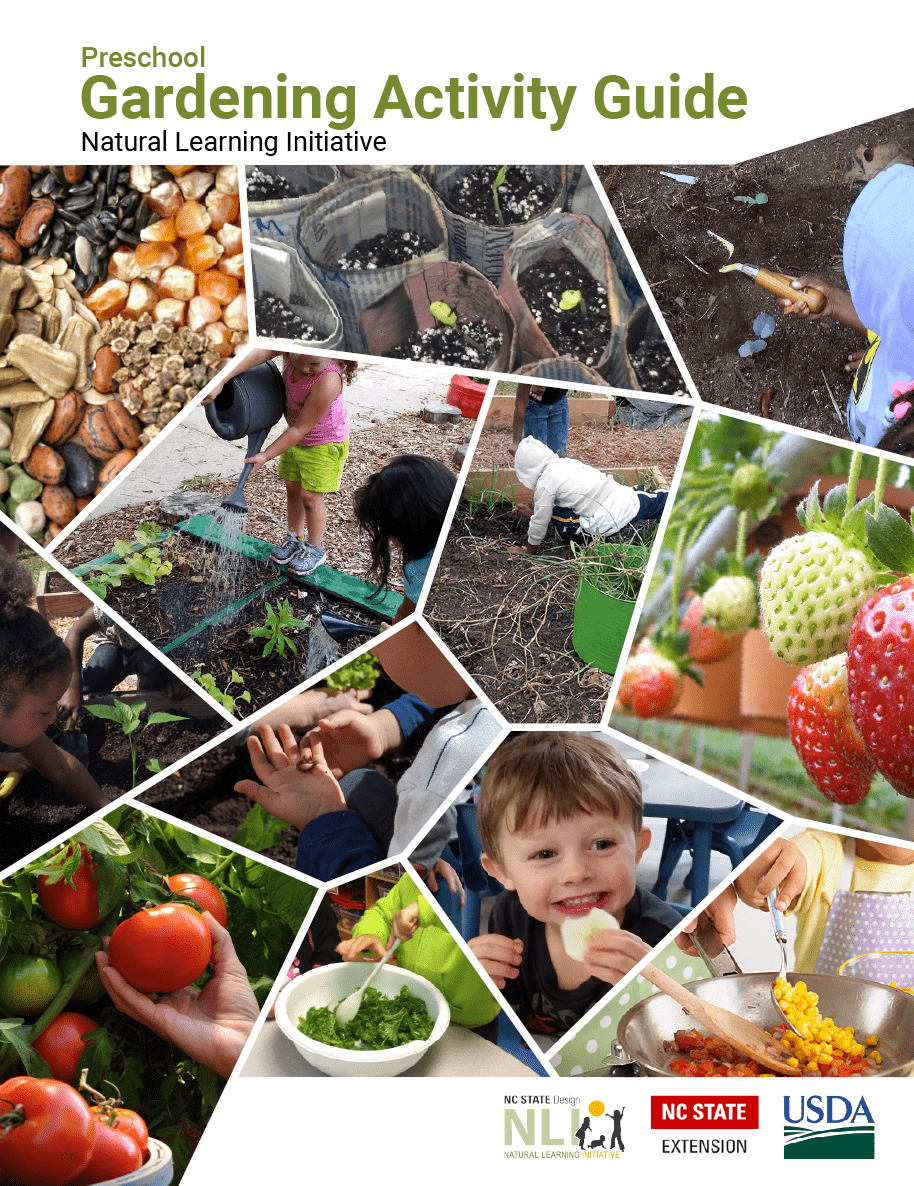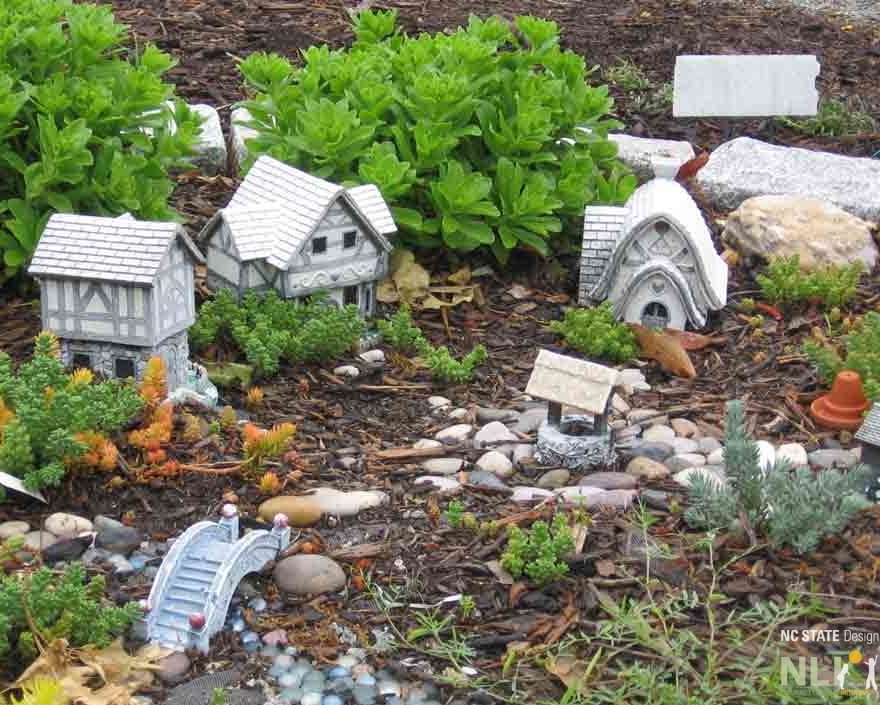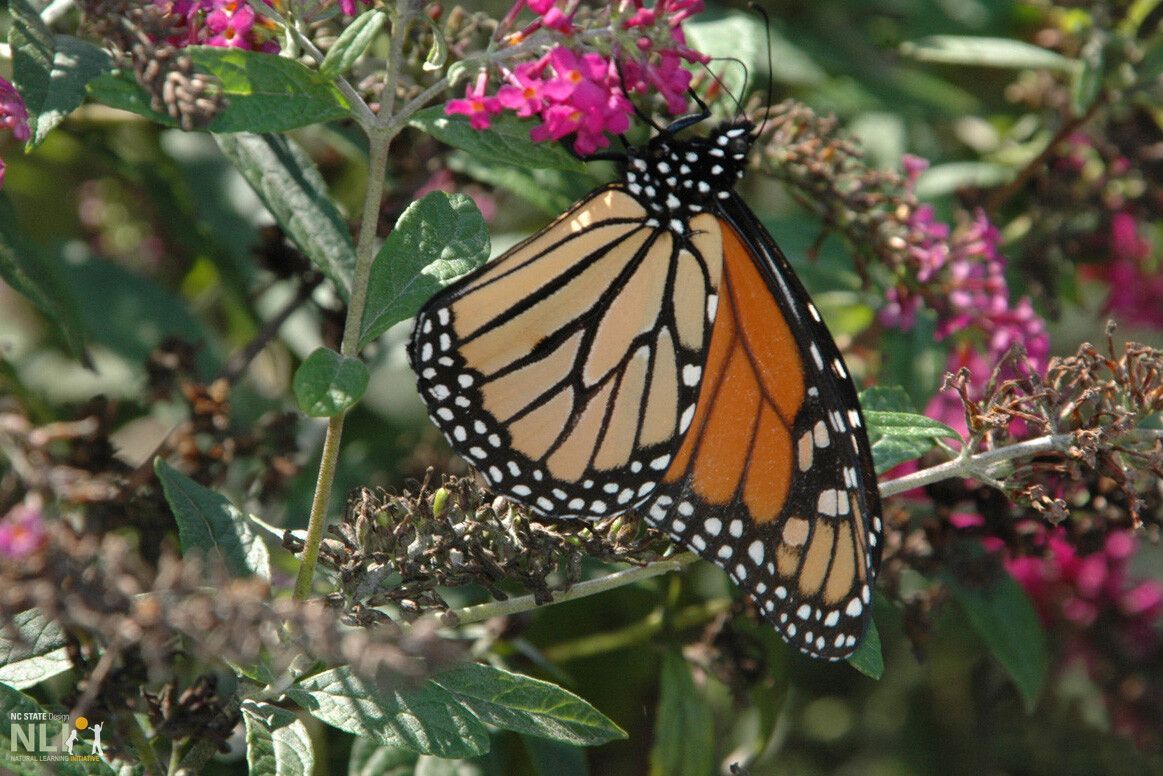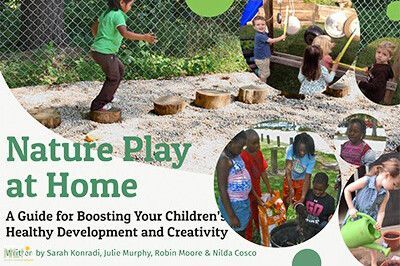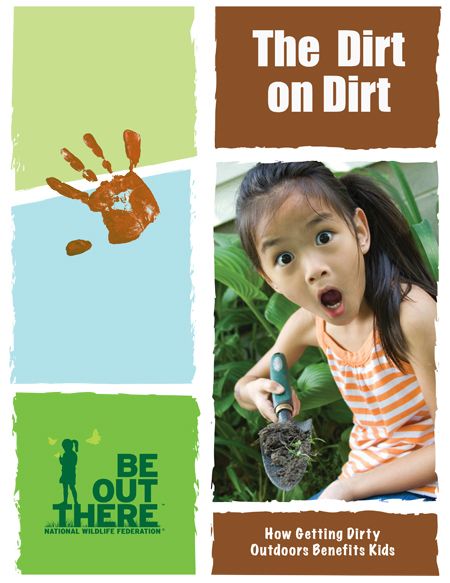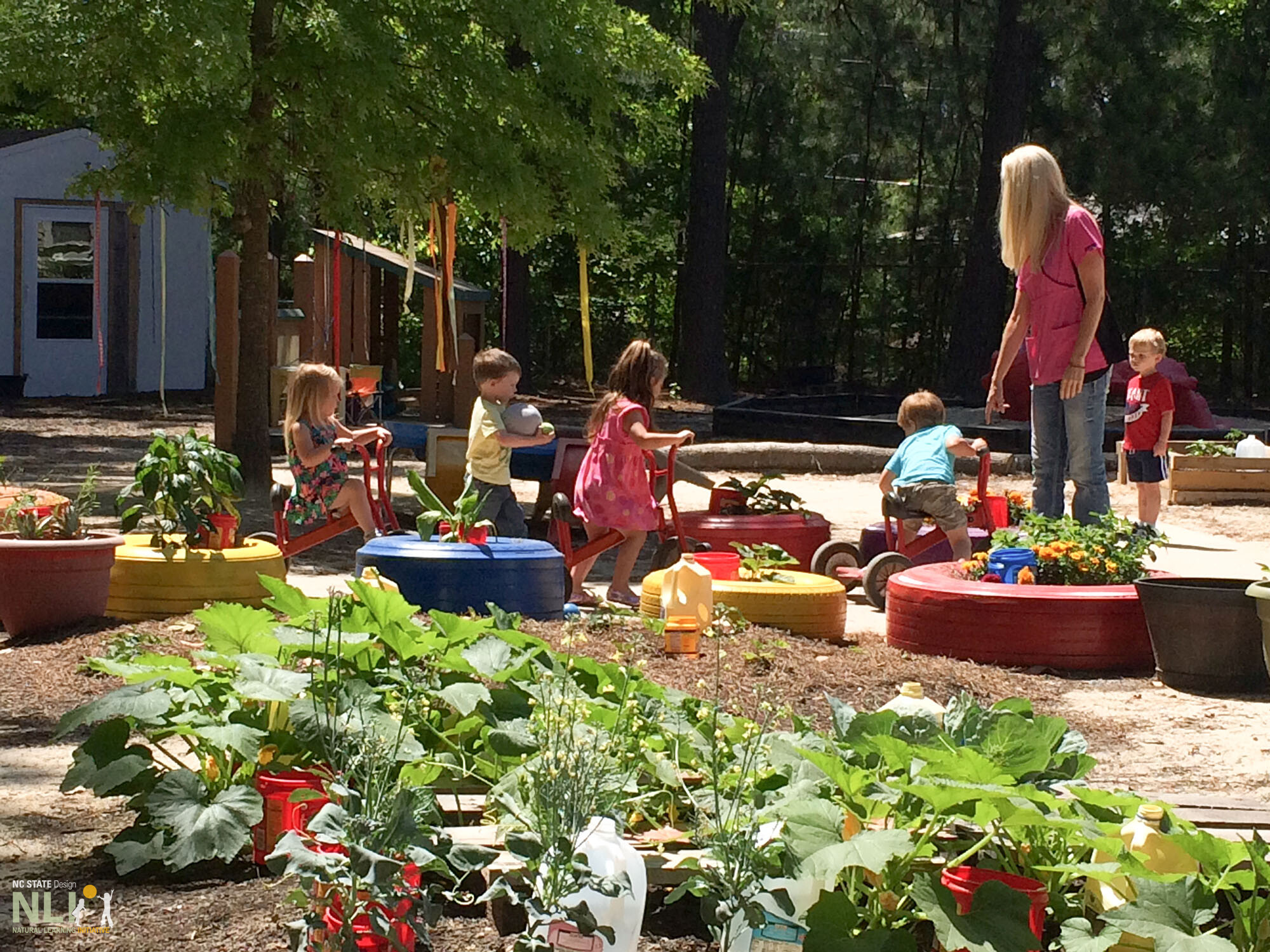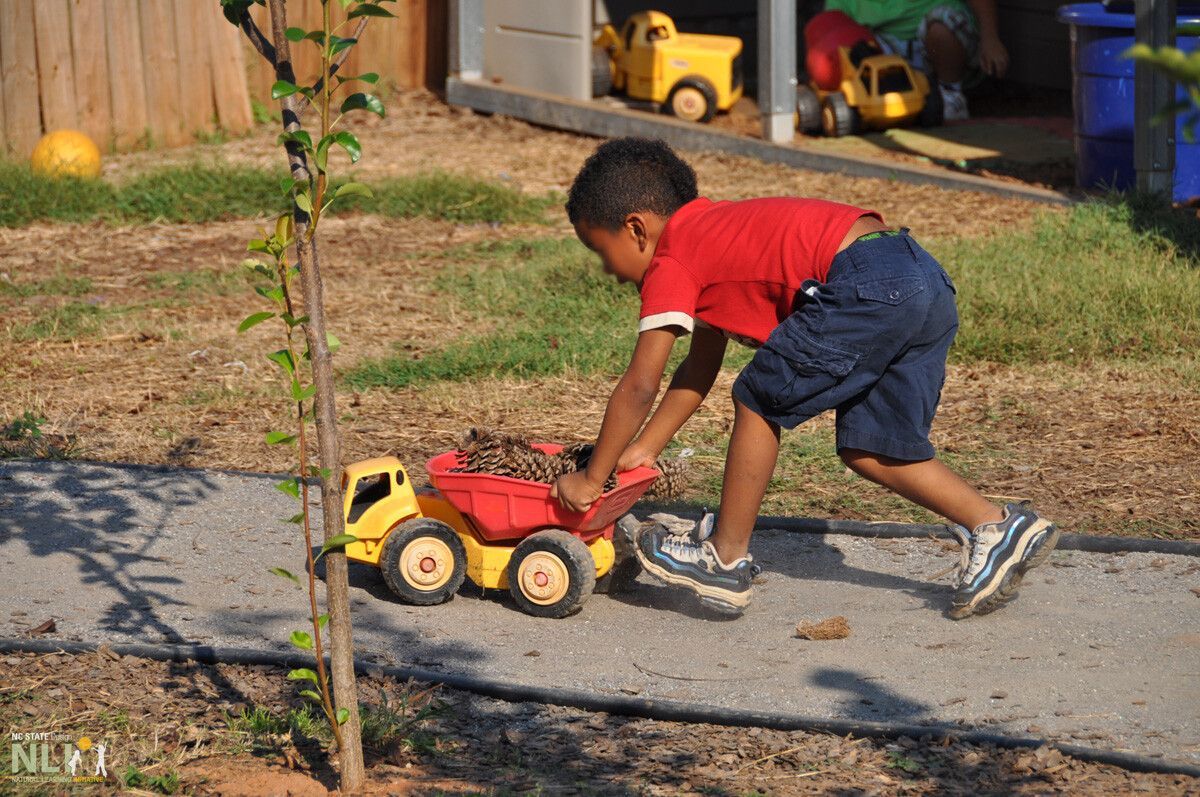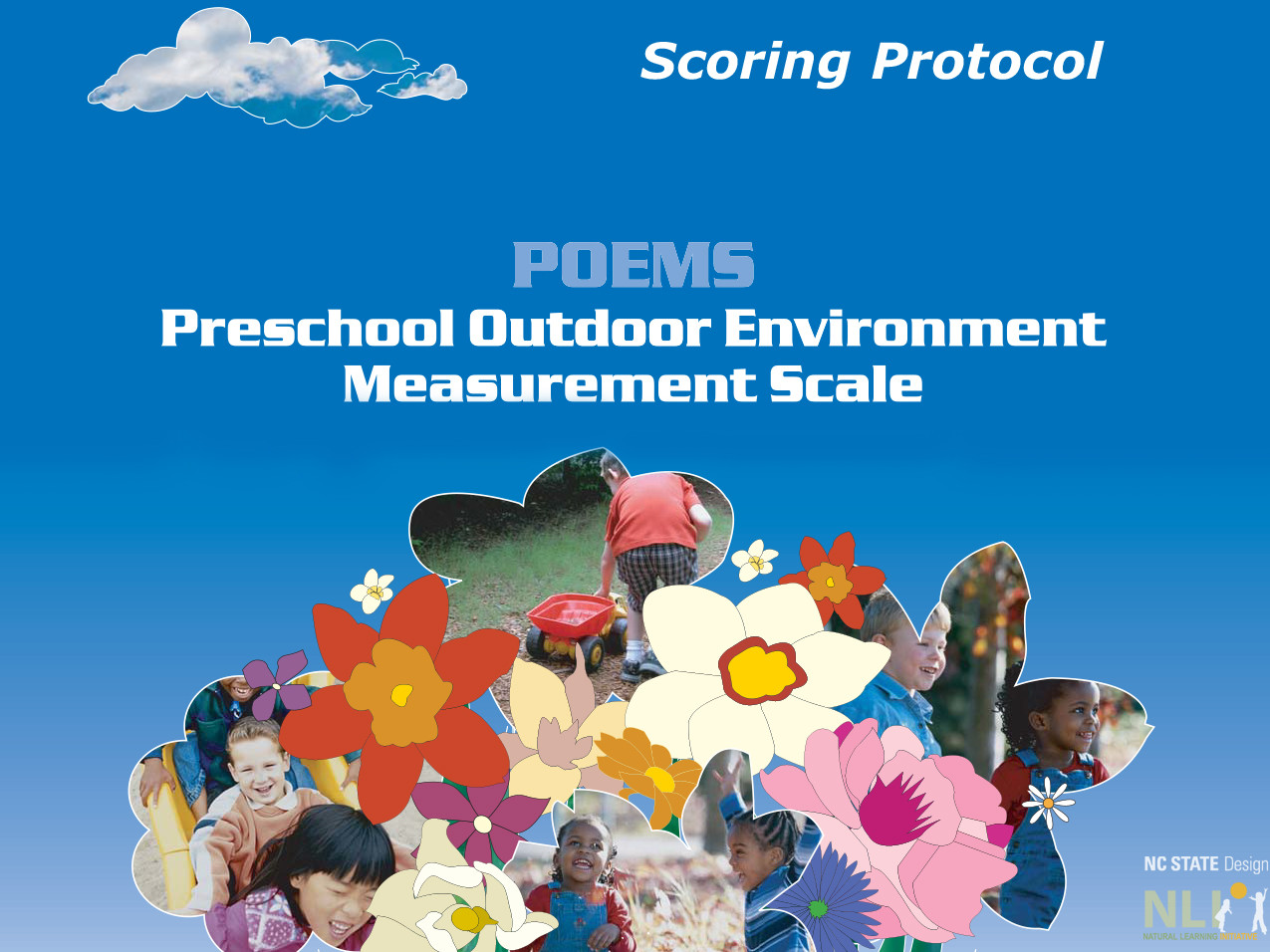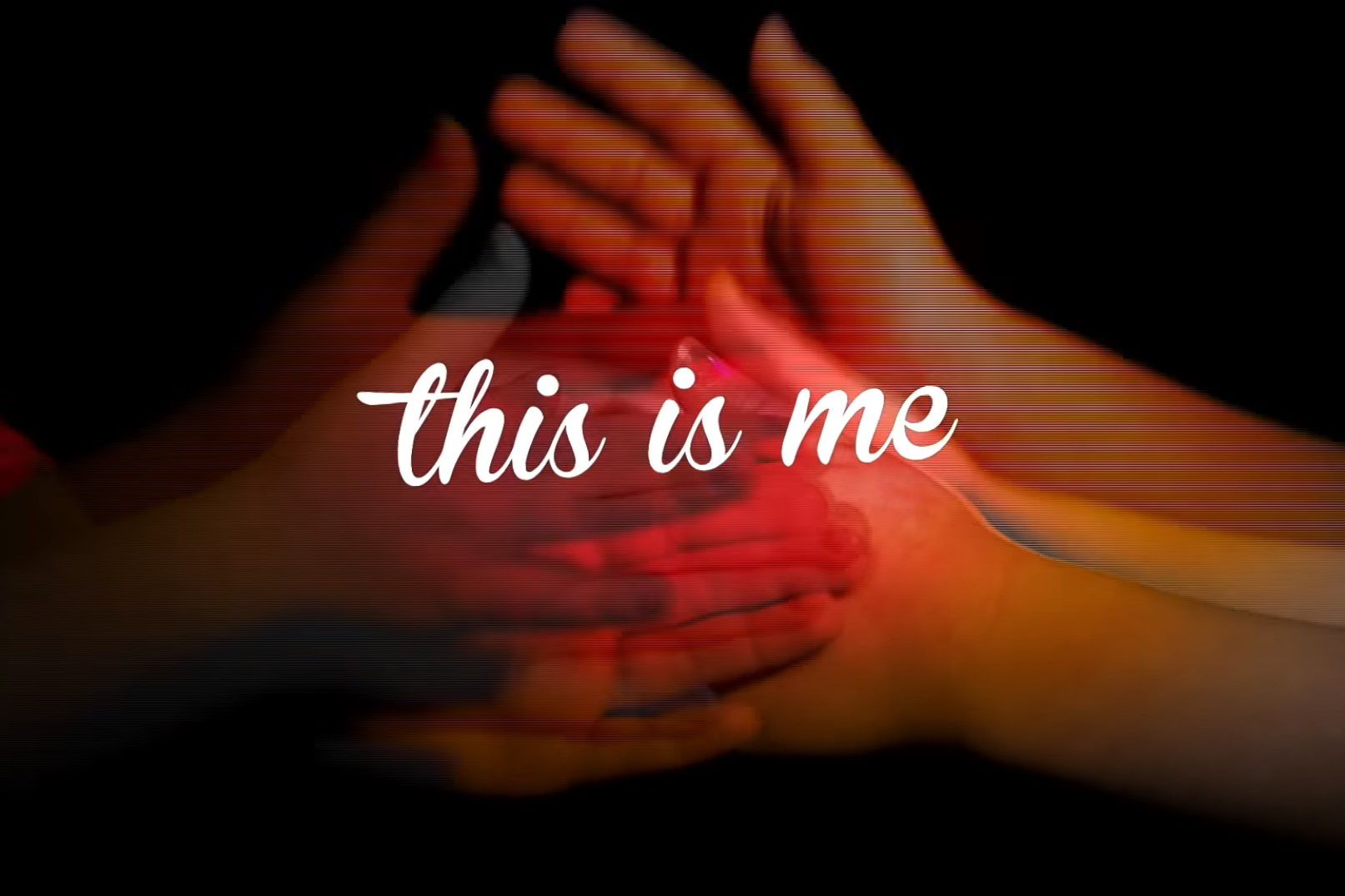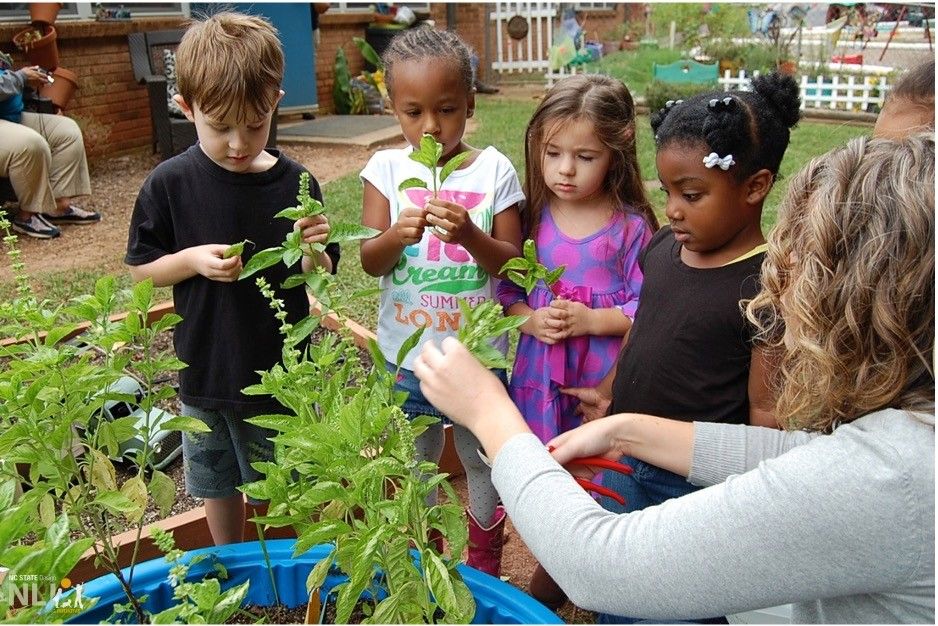COVID Support we’re all in this together!
Early childhood outdoor play and learning resources
Outdoors with nature is the healthiest place to be, where exuberant play, motivated learning, and gardening fun awaits! In solidarity, NLI offers these resources to support families schooling at home, teachers and children in childcare centers, early childhood college educators, and all who influence the development of young children.
LET’S GET OUTSIDE!
This set of four resources, created in collaboration with the National Wildlife Federation ECHO program, offer outdoor, community-based, health-promoting ideas for child care providers, regulators, and others working with or on behalf of young children.
Practical, cost-effective suggestions for child care providers to manage outdoor spaces, in support of longer time outside, as a strategy for reducing COVID-19 transmission, while ensuring the health and safety of children and caregivers. (Disponible en español)
Considerations for regulatory agencies that may influence child care providers to increase time outside as a strategy for reducing COVID-19 transmission, while ensuring the health and safety of children and caregivers.
Suggestions for those involved in the care of young children, to increase time outside as a strategy for reducing COVID-19 transmission, while ensuring the health and safety of children and caregivers. (Disponible en español)
A brief report on regulatory response to managing increased time outside in child care centers, while ensuring the health and safety of children and caregivers.
Further Resources by NLI and Others
HOW CORONAVIRUS SPREADS OUTDOORS VS. INDOORS
This video is from an external source (Vox) and should be used only as a visual illustration of how a virus can spread.
NATURE PLAY AND LEARNING
- Outdoor learning environments support physical activity, healthy eating, and outdoor learning. NLI Virtual Field Trip. Includes three, 3-min. interviews and a guided virtual tour of NLI Demonstration Sites.
- Imaginative play can be prompted by any small patch of fertile ground and bits and pieces of nature. Fairy Village Leaflet is one example with accompanying “how-to” video (0:31). A fun, intergenerational activity.
- Small scale nature indoors enables children to observe and understand natural processes close up. ‘Creating a Terrarium’ is a fun project easily done with children, resulting in a sustainable, living microhabitat. InfoSheet and video (1 min.).
- Outdoor nature play and learning activities. Downloadable resources with seasonal activity ideas.
- What nature teaches children. TED Talk, by Nilda Cosco, PhD (15 min.). Presents the case for nature engagement as an important factor in stimulating outdoor play and learning and healthy child development.
EDIBLE GARDENING
- Gardening Activity Guide. The 12 gardening steps from seed to tummy, with learning activities, fun facts, and children’s lit. suggestions. Just released! For homeschoolers and educators
- Addressing food insecurity by creating production gardens at childcare and home. ‘Local Foods: Childcare Center Fruit and Vegetable Gardening Series.’ Downloadable guides (set of 8).
- Motivate healthy eating and combat food insecurity with a fresh alternative. Three garden-related InfoSheets offer low- or no-cost solutions: ‘Making Newspaper Seedling Pots,’ ‘Starting Veggies Indoors’ and ‘Growing Edibles in Containers’ – created to support stay-at-home families and stressed childcare center educators.
- Edible Gardening with Young Children. Downloadable resources covering many steps in the gardening process.
- My First Garden: Tomato+Basil (coming soon!)
THEME GARDENS – LANGUAGE, LITERACY, SCIENCE, STEM, ARTS AND CRAFTS… NO LIMITS!
- Creating Theme Gardens. Selected ideas for gardens created around particular themes for early learners, hopefully, to inspire many more, fun experiments!
- Creating a Sensory Garden. How to support all children’s exploration and need for stimulation of the senses. Includes examples and plant lists.
- Creating a Wildlife Garden. Observe, count, explore wildlife in small spaces. Includes list of resources and plant recommendations.
- Growing Gourds for Birdhouses. Creative ways to build birdhouses. Describes the process of growing, harvesting, drying gourds, and using them to make birdhouses.
- Creating a Butterfly Garden. Includes children’s book suggestions and plant recommendations.
NATURAL LEARNING AT HOME®
- Nature Play at Home. This booklet contains easily implemented, affordable ideas to turn backyards or spaces around homes/apartment buildings into vibrant, nature play spaces.
- Parent engagement strategies. Monthly outdoor activities for parents including plant of the month, book suggestions, and recipes.
NATURAL HEALTH PROMOTION
- The Dirt on Dirt Report. The National Wildlife Federation, shows how dirt and germs can actually support children’s immune system.
- “Babies” movie trailer (2 1/2 min.). First-year of life of four babies from Namibia, USA, Mongolia, and Japan. How culture and the environment influence child development. Documentary film.
- Be Active Kids Play (BAK). Longtime NLI partner, BAK promotes children’s play, especially outdoors, as a critical health promotion factor. Great resource list (left on homepage) and set of handouts.
- Oakland Declaration. The Nature-Based Learning Network (NBLN) gathering at the Children & Nature Network International Leadership Summit, Oakland, California, May 2018, provided an opportunity to capture the advocacy power of this unique gathering of diverse disciplines and professions, to create an international declaration on nature-based learning.
IMPACT OF NATURALIZED PLACES ON CHILD GROWTH AND DEVELOPMENT
- Natural Learning Initiative (NLI) Green Desk. Downloadable resources on the importance of children contact with nature, activity settings, parent engagement, and outdoor activities
- Benefits of Connecting Children with Nature. InfoSheet describing why it is important to naturalize outdoor learning environments. English and Spanish versions.
- Adding Natural Value to Early Childhood Outdoor Play and Learning Environments. InfoSheet describing ‘Top Ten Activity Settings’ with design principles for children’s outdoor environments. English and Spanish versions.
- Transforming Outdoor Learning Environments into Preventing Obesity by Design (POD). Demonstration sites in Wake County, North Carolina. Location maps, site drawings, documentation before and after renovation, setting illustrations, and photos.
- Playground to Outdoor Learning Environments. video (6 1/3 min.) illustrates dramatic results of transforming playgrounds into outdoor play and learning environments at childcare centers in North Carolina.
- Affordance and Behavior Setting. Light-hearted video (3 min.) illustrating two key theories about how children learn through playful environmental explorations.
EVALUATING IMPACT OF NATURALIZED OUTDOOR LEARNING ENVIRONMENTS
- Preschool Outdoor Environment Measurement Scale (POEMS). This instrument provides an objective way for assessing the quality of outdoor learning environments in childcare centers.
JUST PLAY!
- This is Me Celebrating the Child’s Right to Play (UN Convention on the Rights of the Child. Article 31). Short international film (3 min.) showing the power of culture and place on children’s identity and joy.
Disclaimer: The Natural Learning Initiative (NLI), NC State University, its partners, and supporting entities assume no responsibility for consequences arising from physical interventions using information contained in this InfoSheet. Under no circumstances will liability be assumed for any loss or damage, including without limitation, indirect or consequential, incurred during installation, management, and use of such interventions. Highly recommended is adherence to relevant local, state, and national regulatory requirements concerning but not limited to health and safety, accessibility, licensing, and program regulation.
